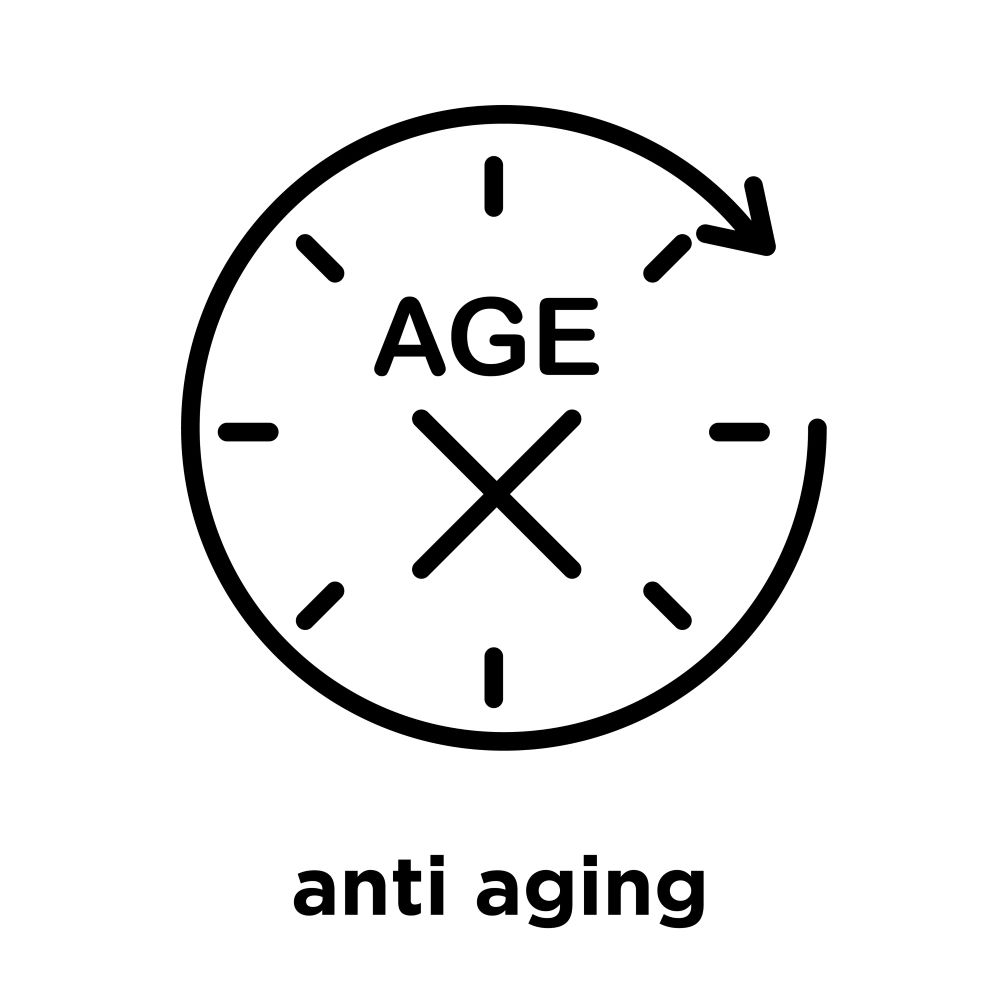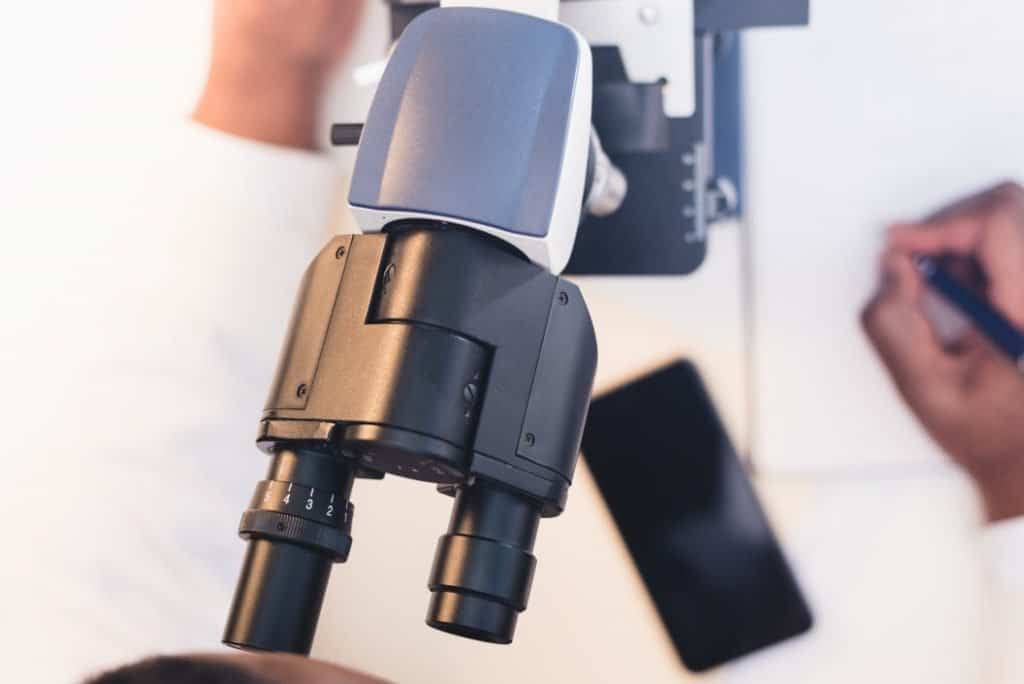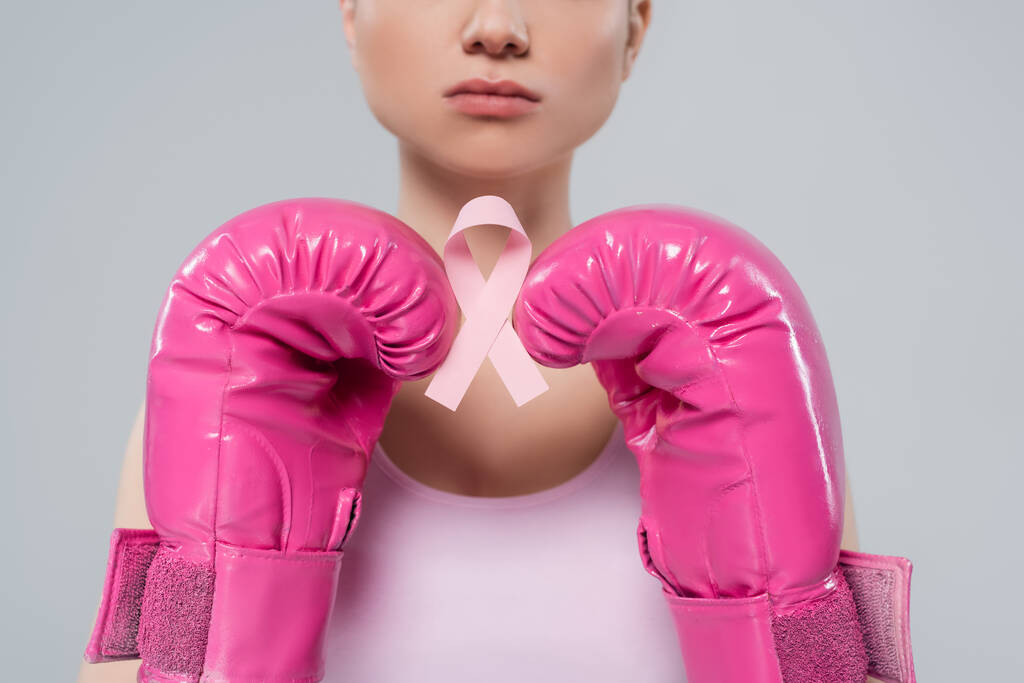What is Autophagy | Benefits of Autophagy | How Fasting Affects Autophagy | How to Trigger Autophagy | Autophagy and Cancer | Risks and Adverse Effects
Autophagy and fasting, let’s dive into it the benefits and science. Yes, your body can indeed experience tremendous health improvement when it undergoes positive stress. In the old days, our ancestors largely depended on hunting for food. So they generally underwent stress, and their body performed cleansing when they fasted between meals. This natural process of autophagy allows the body to consume damaged cells and tissues, thus helping to avoid inflammation.
It is believed that fasting triggers autophagy allowing our body to cleanse regularly. But how to incorporate autophagy in your daily routine to experience its physical and mental benefits?
Research studies do not support the traditional eating pattern of three meals a day and in-between snacking. Our evolutionary history reveals that humans could function efficiently, both physically and mentally, for extended periods without food. The agricultural revolution resulted in the constant availability of food. And the modern lifestyle of eating three meals a day with added sugar, cooking oil, and refined grains is contributing to obesity and various other diseases.
Let us discuss more autophagy and fasting and how to adapt to a lifestyle that will help your body cleanse itself. Also, how autophagy can keep all your organs efficient and highly functional.
What is Autophagy?
Autophagy is an ancient Greek term meaning “self-devouring” or “self-eating.” Autophagy is a way your body cleans itself by removing damaged cells, degraded proteins, and pathogens. It is a dynamic process that occurs when your body is exposed to stress or environmental toxins. Autophagy plays a significant role in growth, inflammation, immunity, and aging.
 **Autophagy with fasting has anti-aging benefits**
**Autophagy with fasting has anti-aging benefits**
Our body initiates autophagy during infections and inflammations. Autophagy supports our immunity and helps the body to heal. It has gathered a lot of attention lately, as even dietary interventions can inhibit or activate autophagy. It can affect infections and inflammatory diseases, obesity, cardiovascular disorders, and neurodegeneration. Autophagy is considered a crucial defense mechanism against infections and malignancies.

Why is Autophagy Essential? (Benefits of Autophagy and Fasting)
Our body’s natural processes like digestion, energy production, and immunity are continuously affecting our body cells. Autophagy is a part of a cell’s life cycle that occurs in every healthy human, where the generation of new cells takes place. This helps your body to perform optimally.
However, due to exposure to chemicals, stress, and aging, our body cells undergo free radical damage. This affects the normal balance of autophagy, triggering inflammation and accumulation of toxins.
Autophagy is essential for your immune system to remove infectious agents and keep you free from diseases. It protects your body from microbes and prevents the occurrence of inflammation, oxidative stress, and other age-related changes.
Autophagy has a positive impact on liver cells such as macrophages, endothelial cells, and hepatic stellate cells. Studies have revealed that autophagy can regulate liver functions, thus helping to reduce the risk of liver diseases.
Autophagy also plays a neuroprotective role where it reduces the aggregation of misfolded proteins in the brain. Thus it is considered therapeutic in neurodegenerative diseases like Alzheimer’s and Parkinson’s diseases. There truly are amazing autophagy fasting benefits when done right!
How Fasting Affects Autophagy? What is Autophagy Fasting?
 Asian senior male patient is consulting and visiting doctor in hospital..
Asian senior male patient is consulting and visiting doctor in hospital..
It is believed that one of the most effective ways of stimulating autophagy is through fasting. Studies indicate that food restriction induces autophagy in various tissues and organs. By modulating autophagy, fasting plays a therapeutic role for diseases like metabolic conditions, cancers, neurodegenerative diseases, and infectious disorders.
Fasting or calorie restriction creates stress in your body, which initiates autophagy. This removes or recycles the damaged cells allowing your body to function efficiently.
The 16 hour overnight fasting or intermittent fasting can greatly trigger your autophagy. Intermittent fasting causes nutrient depletion and acts as a physiological autophagy-stimulator. This fasting-mediated autophagy promotes longevity by preparing your body to deal with stress factors.
Is 16 Hours Fasting Enough for Autophagy?
In fact, the latest study has revealed that intermittent fasting and autophagy can boost up your immunity even against SARS-CoV-2 infection or COVID 19. The study recommends healthy individuals to follow intermittent fasting along with exercise and a nutritious diet to keep immunity potent against infections.
So to answer, yes, but longer fasts can provide even more autophagy action in the body. But always proceed with caution. Fasting too long can provide negative health benefits. 16 hours of fasting is a great and commonly practiced window for autophagy fasting, and can be practiced on a daily or weekly basis, such as 16/8 fasting.
How to Trigger Autophagy through intermittent fasting?
Achieving autophagy helps in weight loss, better immunity, and also improves your overall health. The best way of triggering this cleaning mechanism is by increasing the fasting timeline between your meals. The signs of autophagy start appearing after around 6 hours of fasting.
Intermittent fasting can be a great way to induce autophagy. During intermittent fasting, you increase the duration between your meals and avoid consuming in-between snacks. Slowly increasing your fasting timeline will help your body achieve natural cleansing.
Few tips to follow while fasting for autophagy:
Stay hydrated – Water is essential for the exfoliation of toxins. Consume more and more water, lemon juice, or other fruits without any added sugar.Balance your electrolytes – Electrolytes are vital for staying healthy. Plain water can result in hypotension; hence add electrolytes to balance your body needs.Eat nutritious food – Your body needs an adequate amount of nutrients to function well. Choosing nutritious food is essential during autophagy.
How we can induce autophagy effectively to achieve weight loss and other benefits is not fully understood. The various study results are based on animal studies, and still, research is going on in this field. You must not attempt extreme fasting or autophagy without consulting any health professional. Be mindful with your approach and understand your body’s needs while trying to induce autophagy.
Other than fasting, certain lifestyle modifications like exercise and healthy foods can also trigger autophagy. Physical activity creates stress in your body that triggers autophagy. For an autophagy diet, consume foods like ginger, turmeric, garlic, and green tea, as they are believed to stimulate autophagy. Eat healthy food, follow an exercise routine, and maintain the fasting timeline needed to trigger autophagy in your daily routine.

How to Fast – An Autophagy Fasting Timeline:
The fasting period for autophagy depends on your metabolism. Generally, autophagy begins when your insulin and glucose levels are reduced considerably. It may start after 12 to 24 hours of fasting and reaches its peak at 48 hours. However, there is not enough evidence to indicate the optimal fasting period needed for autophagy.
Each individual is different; hence do not try to induce autophagy by prolonged fasting. Discuss with your doctor the fasting method you are planning to follow and ensure it’s safe.
Autophagy and Fasting – Does it help with Cancer?

The role of autophagy during cancer is complex. In the initial phase of cancer, autophagy may suppress the growth of tumor cells, and prevent their progression. However, in the advanced stages of cancer, autophagy can enhance the survival of tumor cells under environmental and metabolic stress.
In the case of cancer, autophagy acts as a double-edged sword where it has both tumor-suppressive and tumor-promoting properties. Autophagy exerts disparate effects on tumor cells at different stages of their progression. Hence, during cancer consulting a doctor is crucial before trying any kind of fasting.
Risks and Adverse Effects
Autophagy and fasting is most beneficial when done right. But, if the delicate balance of autophagy is disrupted, it can result in various heart diseases such as heart failure and cardiac hypertrophy.
Autophagy also plays a complex role in cancer, where it may worsen the progression of existing cancer. We don’t have enough evidence to support the beneficial effects of autophagy, as most study results are based on animal studies. And, the exact impact of autophagy on humans is yet to be explored.
Final Words – Autophagy and Fasting

Autophagy and fasting in combination is an excellent way of renewing your body cells to attain optimal health. With growing research, it can be considered a great method to treat various diseases in near future. We still need to understand how to best encourage autophagy to experience its positive effects. There are lots of autophagy fasting chart options available online as well.
Personally, I have recovered my gut, achieved far better energy, and weight loss through intermittent fasting. It’s been life-changing for me personally!
However, if you have any medical conditions or in case of pregnancy, do consult your doctor before following a fasting routine when considering autophagy & fasting and how they work together.
If you want to stimulate autophagy in your daily routine, you should start with fasting and exercise. Intermittent fasting can effectively induce autophagy.
Also need help fasting? Check out the Best Intermittent Fasting Mobile Apps we recommend to help you on your journey.
Need Help choosing food and meals while intermittent fasting, try one of our Intermittent Fasting Meal Plans, you can choose based on your diet.